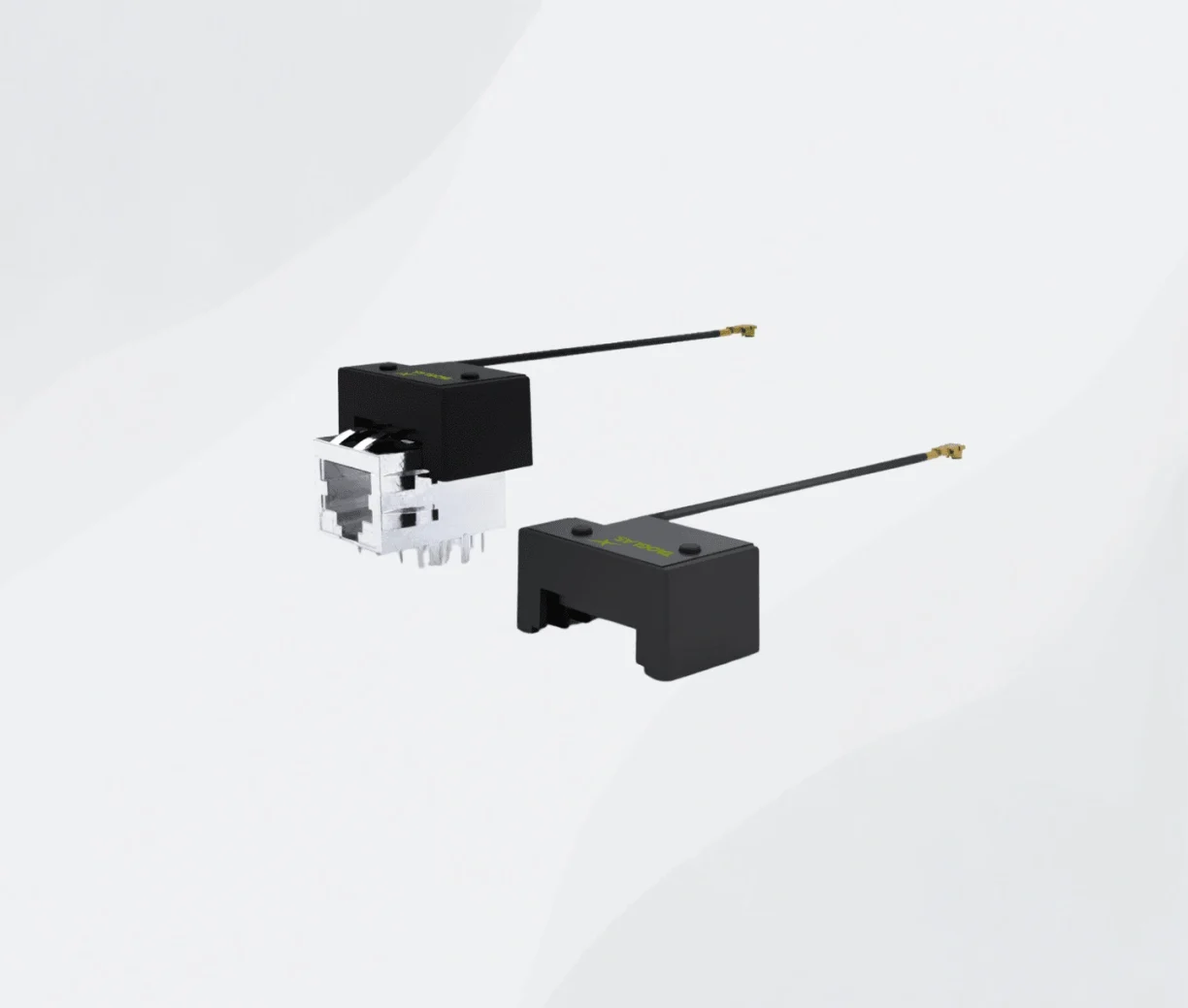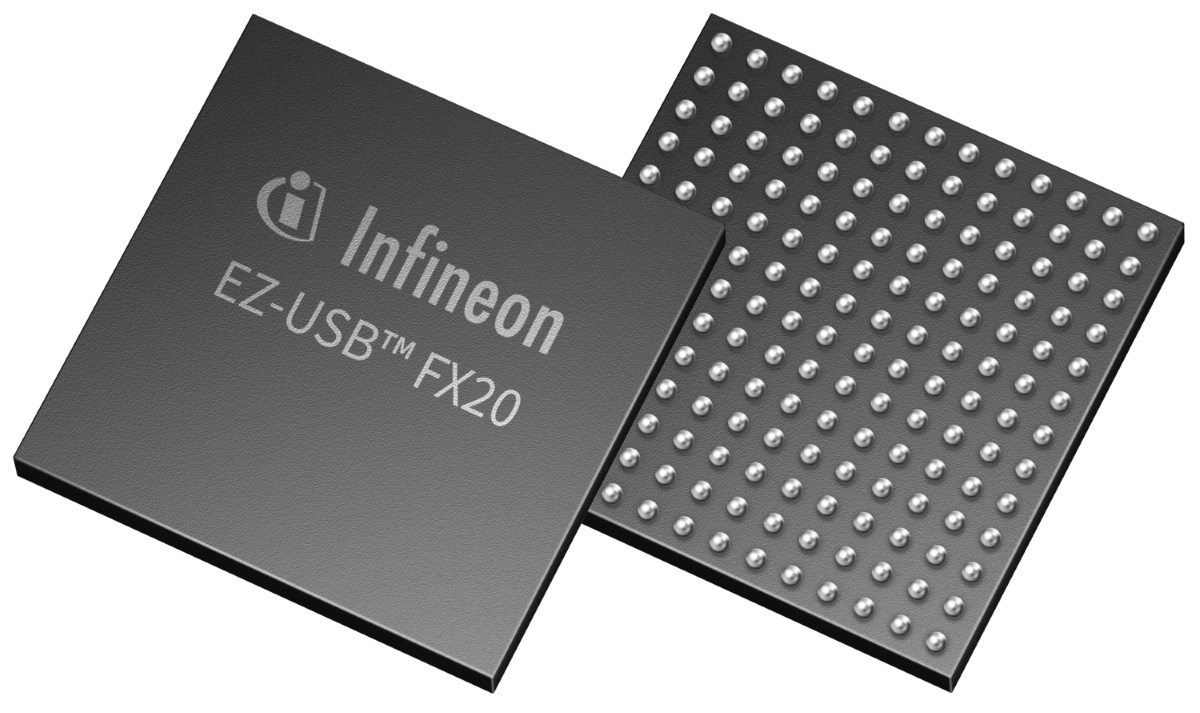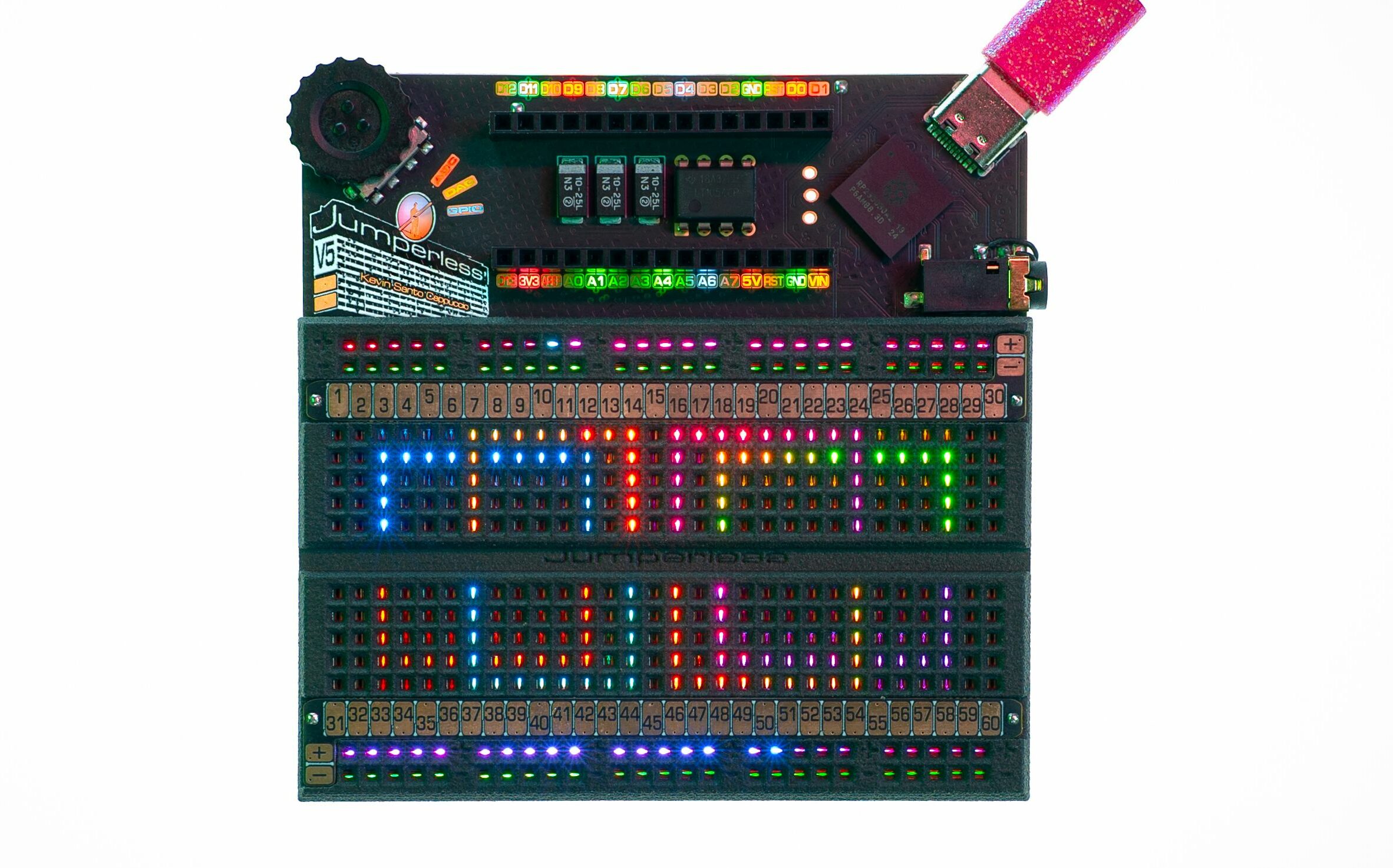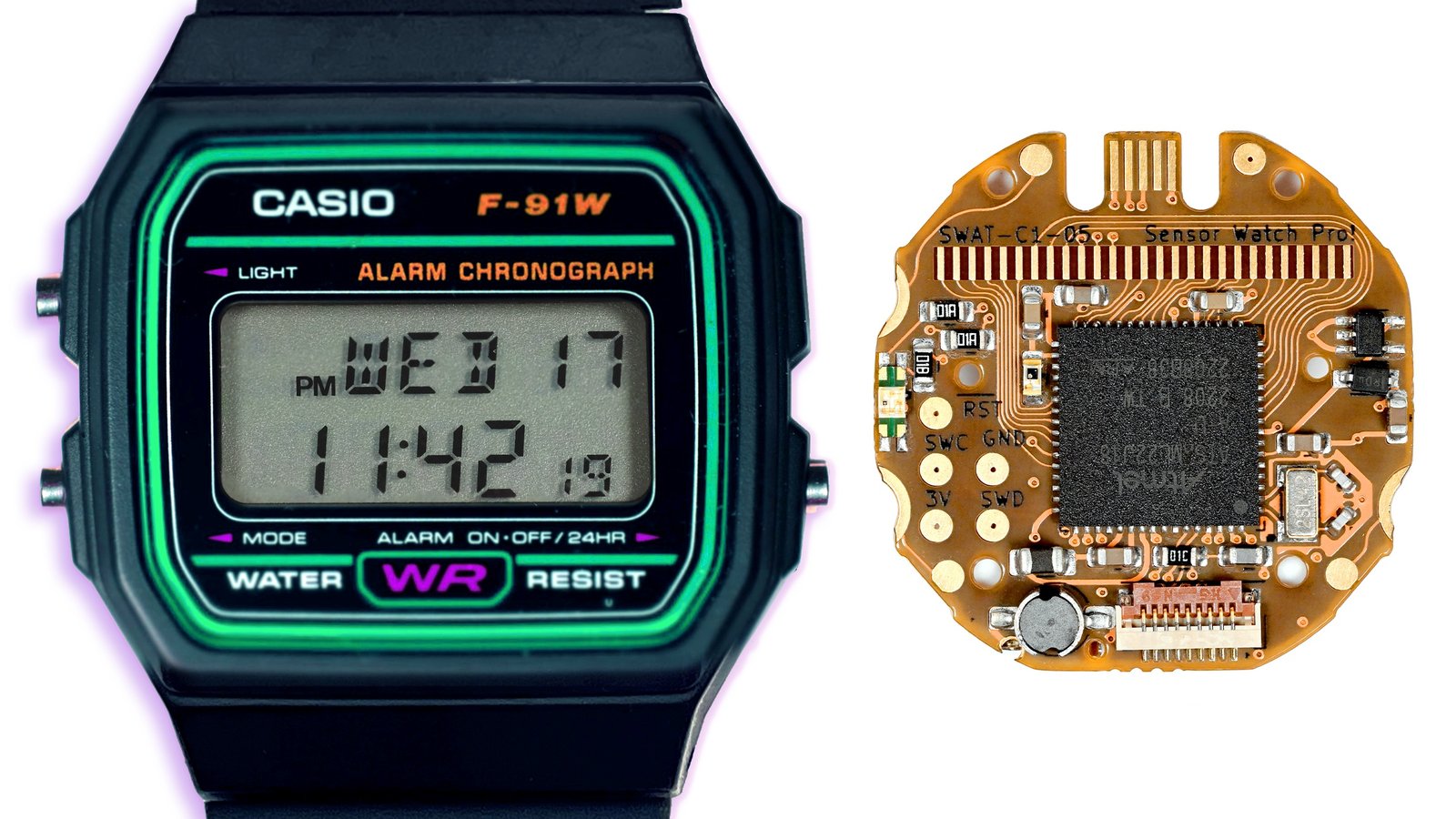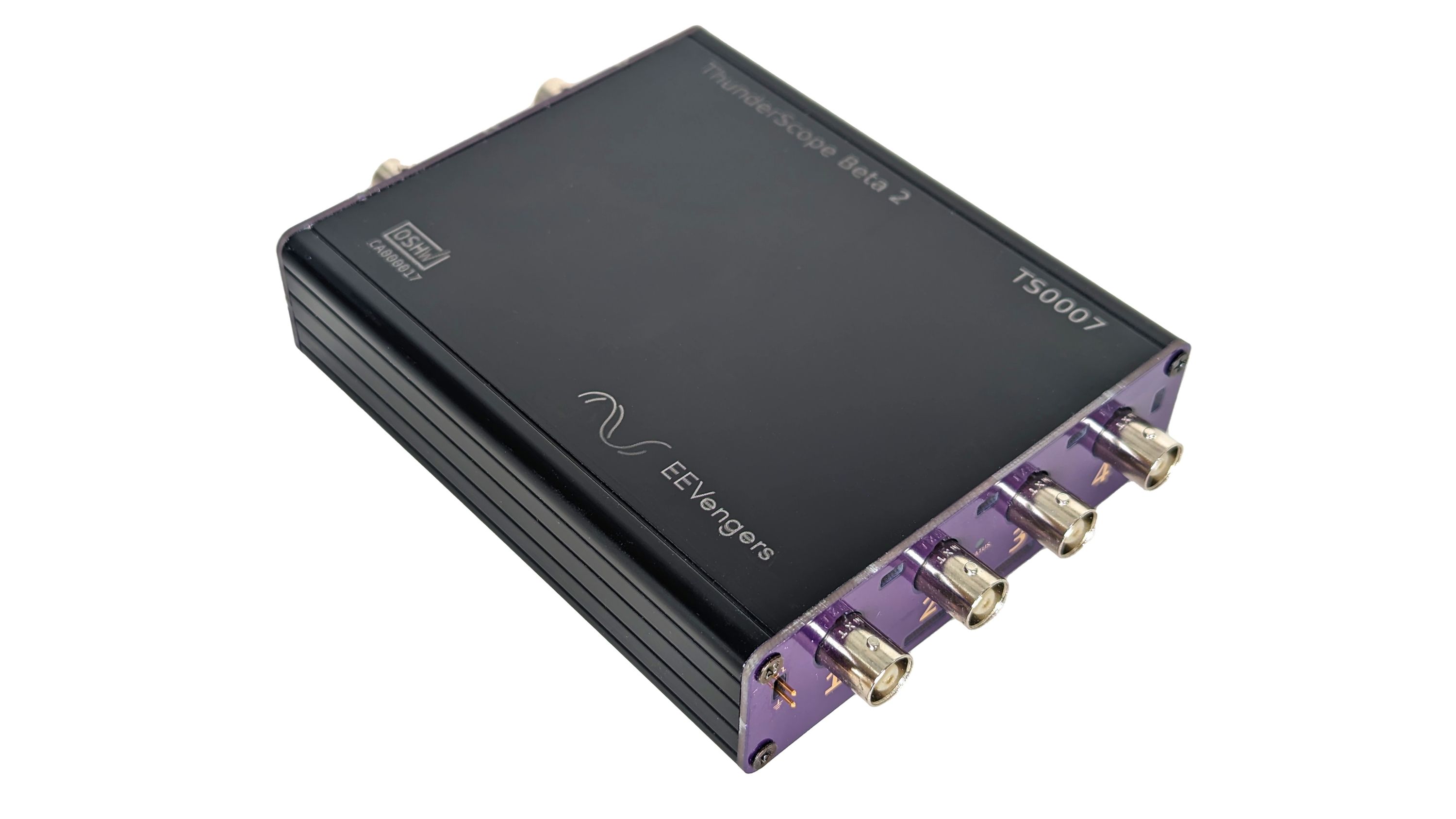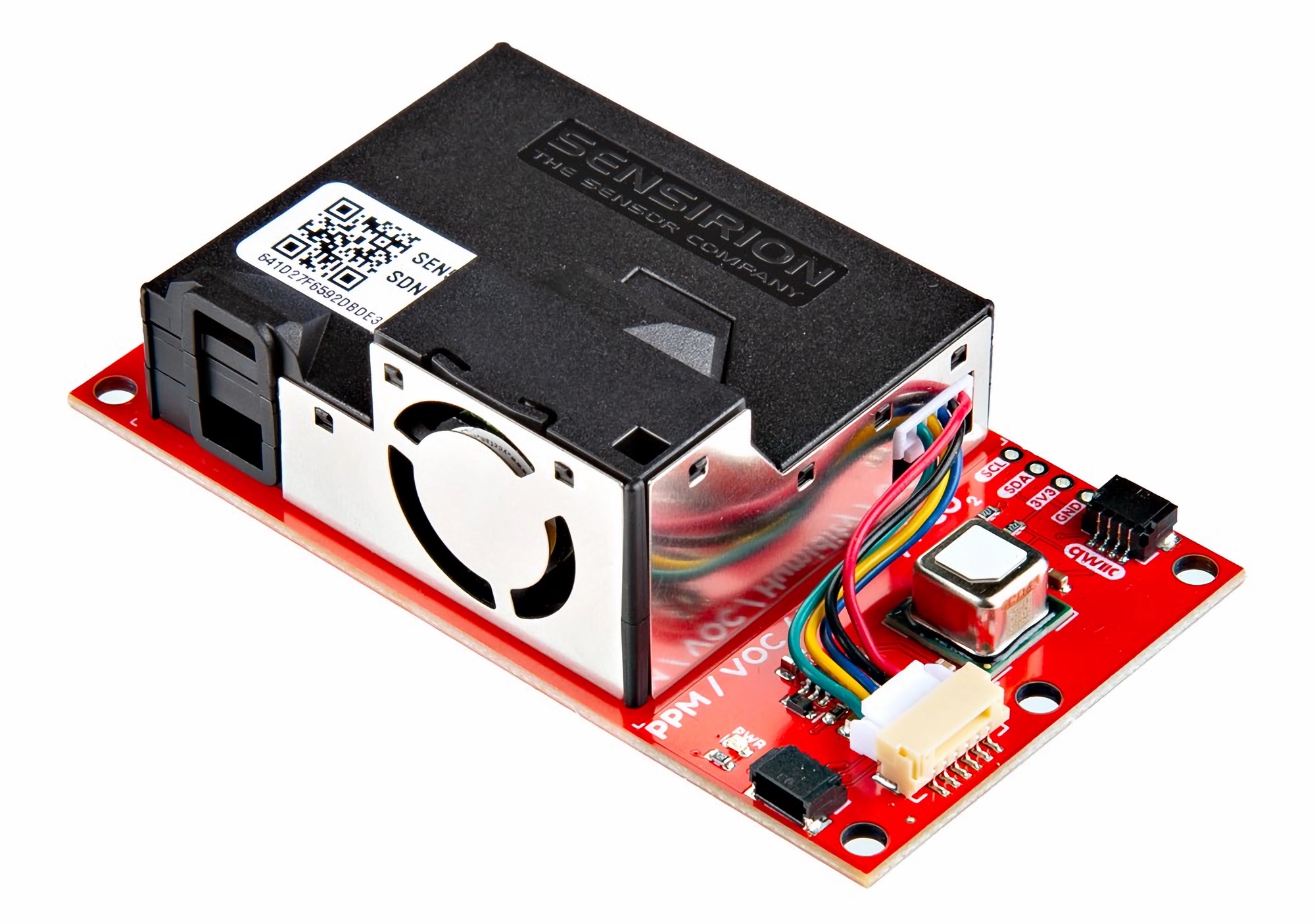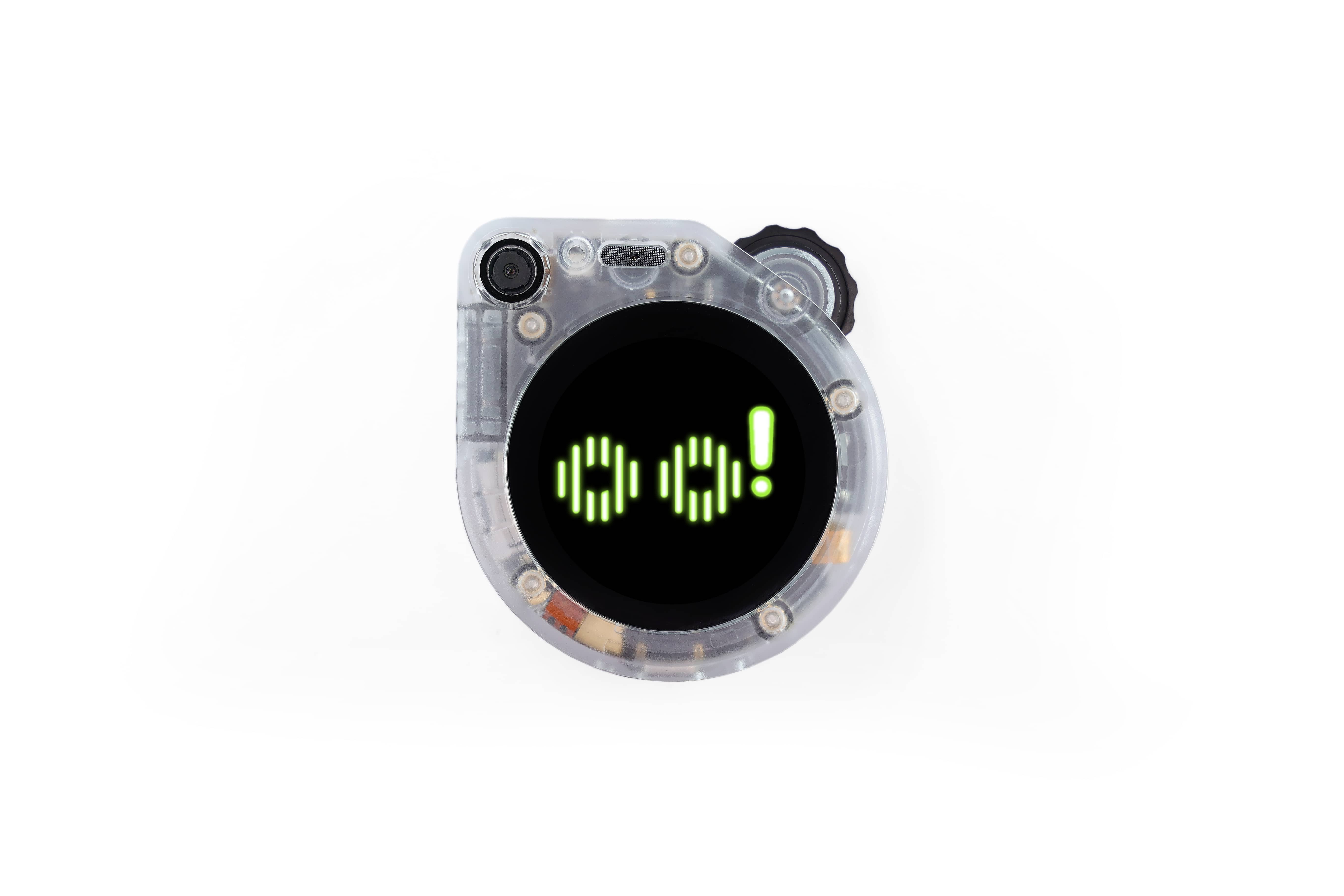Dublin-based Taoglas has unveiled the AntJack described as “an industry-first Wi-Fi antenna for an RJ45 Jack”. The AntJack, also known as the FXM100, can be mounted on any standard RJ45 Ethernet connector to create a 2-in-1 solution that saves space and enhances wireless performance across 2.4 GHz, 5.8 GHz, and 7.1 GHz frequency bands. It is a compact (26.6 x 15.6 x 13.1 mm), omnidirectional dipole antenna with support for Bluetooth, Wi-Fi 6/6E, and Wi-Fi 7. It can be used in various applications, such as modems and routers, industrial gateways, factory automation, industrial robotics, and test and measurement systems. The AntJack is especially well-suited for embedded applications with space constraints and positioning challenges such as 4 x 4 or 8 x 8 MIMO configurations. It features an easy “peel and stick” design manufactured from flexible PCB material with adhesive conductive foam, allowing straightforward installation on RJ45 connectors. According to Oliver […]
Infineon EZ-USB FX20 programmable USB controller supports up to 20Gbps speeds, features LVDS interfaces
The EZ-USB FX20 is a programmable USB controller supporting speedy transfers via USB 20Gbps and LVDS interfaces. It is the latest addition to Infineon’s EZ-USB line designed to add USB connectivity to devices with high-performance requirements in AI, image processing, and other demanding applications. It offers up to six times the bandwidth of its predecessor, the EZ-USB FX3. The FX20 is powered by a dual-core MCU subsystem, with ARM Cortex-M4F and ARM Cortex-M0+ cores. It features 512KB flash, 128KB SRAM, 128KB ROM, and seven serial communication blocks (SCBs). The cryptography accelerator and high-bandwidth data subsystem enable Direct Memory Access (DMA) data transfers via the supported interfaces. The programmable USB controller includes 1MB of SRAM for USB data buffering. EZ-USB FX20 specifications: CPU – Dual-core, ARM Cortex-M4F core@ 150 MHz, ARM Cortex-M0+ core @ 100 MHz Memory – 512KB flash, 1024 + 128KB SRAM USB – USB 3.2 Gen 2 x2 […]
Jumperless V5 programmable breadboard is based on Raspberry Pi RP2350B, features a built-in power supply (Crowdfunding)
Jumperless V5 is a one-of-a-kind, programmable breadboard based on a Raspberry Pi RP2350B microcontroller that lets you skip the jumper wires and jump right into prototyping. It is described as “an Integrated Development Environment (IDE) for hardware.” The Jumperless V5 also removes the need for test equipment as it comes with built-in power supplies and can function as a multimeter, oscilloscope, function generator, and logic analyzer. As the name implies, the Jumperless V5 breadboard is a revamped version of the original Jumperless, with significant upgrades to make the board easier to use. The Jumperless V5 features a 14 x 30 LED matrix display under the breadboard, a probe for making connections and measurements, four ±8 V, 300 mA power supplies, daisy-chain headers, and overcurrent/overvoltage protection. The software-defined jumpers allow all points to be connected. The four individually programmable ±8 V power supplies, GPIOs, and management channels for voltage, current, and […]
Sensor Watch Pro turns the Casio F-91W into a modular Arm Cortex M0+-based digital “smartwatch” (Crowdfunding)
Joey Castillo of Oddly Specific Objects has released a follow-up to the Sensor Watch, aptly named Sensor Watch Pro. The Sensor Watch Pro remains a board swap for the classic Casio F-91W or A158W digital watch that replaces the original quartz movement with the low-power ARM Cortex-M0+ microcontroller. The Sensor Watch Pro retains features from the Sensor Watch Lite and comes with a few upgrades such as a louder piezo buzzer, an RGB LED, an infrared light sensor, and a completely soldering-free experience. The new watch integrates a custom-fabricated metal spring connector that previously had to be manually soldered after purchase. We had also looked at other hackable watches in the past, such as Bangle.js, Bangle.js 2, and Watchy. Buyers can opt for a custom LCD that extends the number of segments available from 72 segments to 92 segments. It comes with an onboard temperature sensor and can be connected […]
Congatec conga-TCR8 AMD Ryzen Embedded 8000 COM Express computer-on-module series delivers up to 39 TOPS of AI performance
Congatec has released a new line of Ryzen Embedded 8000-powered COM Express Type 6 Compact computer-on-modules with the conga-TCR8 module series offering up to 39 tera operations per second (TOPS) for AI inference and 128GB of DDR5-5600 memory with error correction code (ECC) for data-sensitive and data-critical applications. The Ryzen Embedded 8000 processor series comes with either six or eight ‘Zen 4’ cores, an integrated XDNA neural processing unit (16 TOPS), and the AMD Radeon RDNA 3 graphics unit which can be used as a general-purpose graphics processing unit with up to 12 compute units (adding up to 39 TOPS for the SoC). Graphics output is supported by four displays with up to 8K resolution, and peripheral options include six PCIe Gen 4 slots, four USB 3.2 Gen 2 ports, four USB 2.0 ports, and three DisplayPort interfaces. The conga-TCR8 Type 6 modules are intended for high-volume applications that require […]
ThunderScope is an open-source Thunderbolt and PCIe oscilloscope with a 1 GS/s data sampling rate (Crowdfunding)
The ThunderScope is an open-source, Thunderbolt/USB4 and PCIe oscilloscope with a sampling rate of up to 1 GS/s. It is portable, presents an affordable, open-source alternative to expensive bench-top and PC-based scopes, and delivers a higher sampling rate than most USB oscilloscopes. ThunderScope streams sample data to your computer for processing and analysis, unlike traditional oscilloscopes which “are limited by their built-in processing capabilities and cramped user interfaces.” It uses the fastest available interface, Thunderbolt, to stream data, allowing it to use your computer’s full potential. ThunderScope is “the only scope that will get better every time you upgrade your computer.” The Thunderbolt oscilloscope is based on AMD’s Artix 7 XC7A35T-2CSG325C FPGA. It supports up to four channels and a full analog bandwidth of 500 MHz (with the anti-aliasing filter disabled). It doesn’t require an external power source, as it is powered via the Thunderbolt port. It comes in a […]
SparkFun’s $125 “Indoor Air Quality Combo Sensor” combines the SCD41 and SEN55 environmental sensors
SparkFun has released a new air quality multi-sensor board, the Indoor Air Quality Combo Sensor, which integrates the SCD41 and SEN55 sensors from Sensirion for measuring carbon dioxide, volatile organic compounds (VOCs), particulate matter, relative humidity, and temperature. The air quality multi-sensor board simplifies power management for the two sensors via onboard DC voltage conversion and allows a single Qwiic connection for power and communication. It features two Qwiic connectors and a 0.1”-space through-hole header for I2C and power. The board is not a complete solution for indoor air quality monitoring. It has to be connected to a Qwiic-enabled microcontroller such as SparkFun Thing Plus Matter, DataLogger IoT, and the ESP32 Qwiic Pro Mini. Users can install the required Arduino libraries — the Arduino Core library, Sensirion I2C SEN5x, and SparkFun SCD4x — either via the Arduino library manager or directly from SparkFun. The device is open-source, with hardware files, […]
The SenseCAP Watcher is a voice-controlled, physical AI agent for LLM-based space monitoring (Crowdfunding)
Seeed Studio has launched a Kickstarter campaign for the SenseCAP Watcher, a physical AI agent capable of monitoring a space and taking actions based on events within that area. Described as the “world’s first Physical LLM Agent for Smarter Spaces,” the SenseCAP Watcher leverages onboard and cloud-based technologies to “bridge the gap between digital intelligence and physical applications.” The SenseCAP Watcher is powered by an ESP32-S3 microcontroller coupled with a Himax WiseEye2 HX6538 chip (Cortex-M55 and Ethos-U55 microNPU) for image and vector data processing. It builds on the Grove Vision AI V2 module and comes in a form factor about one-third the size of an iPhone. Onboard features include a camera, touchscreen, microphone, and speaker, supporting voice command recognition and multimodal sensor expansion. It runs the SenseCraft software suite which integrates on-device tinyML models with powerful large language models, either running on a remote cloud server or a local computer […]


